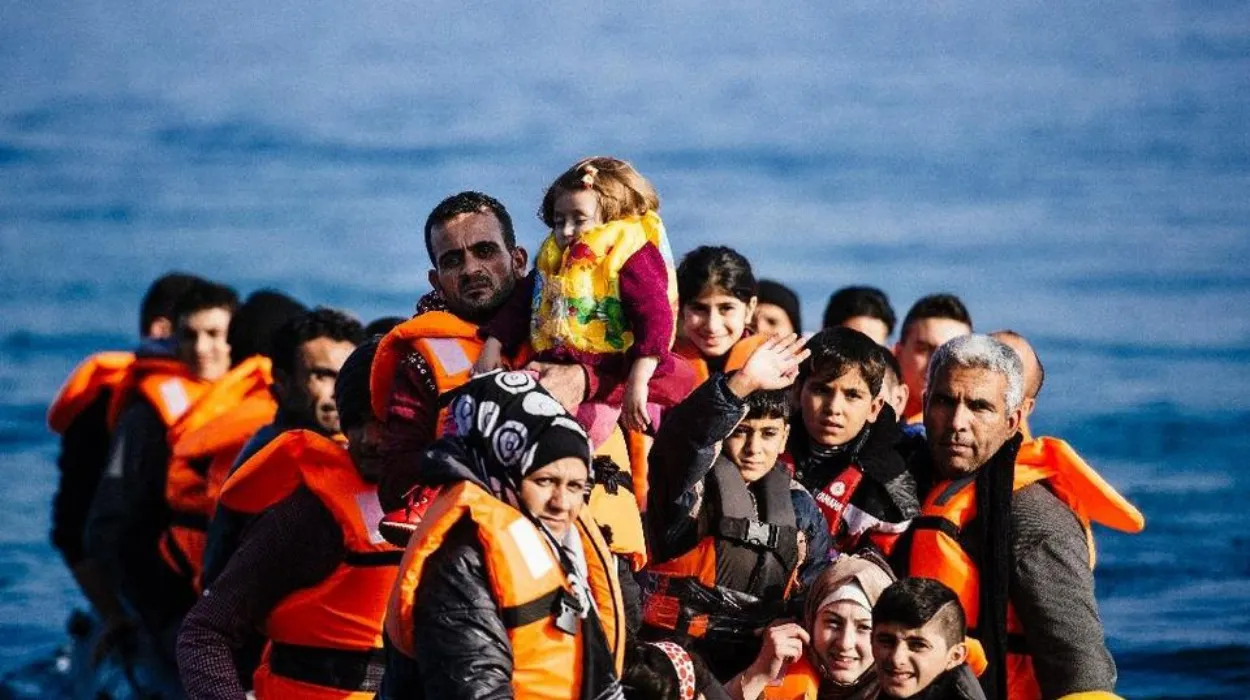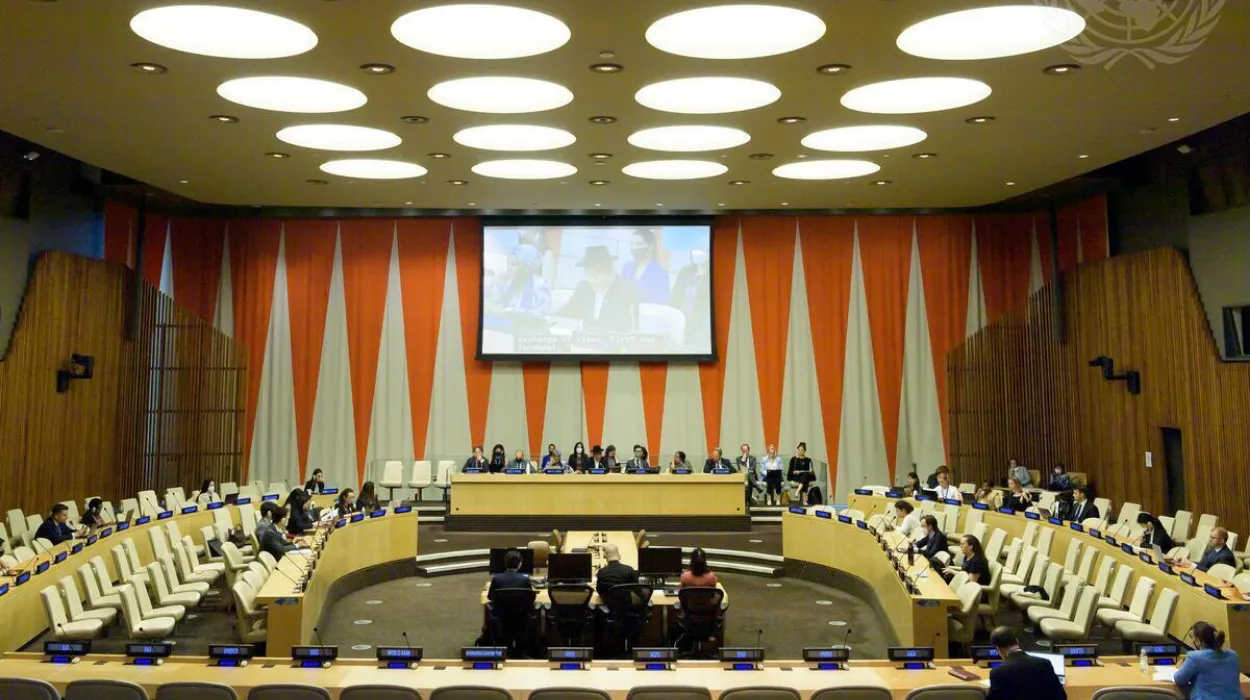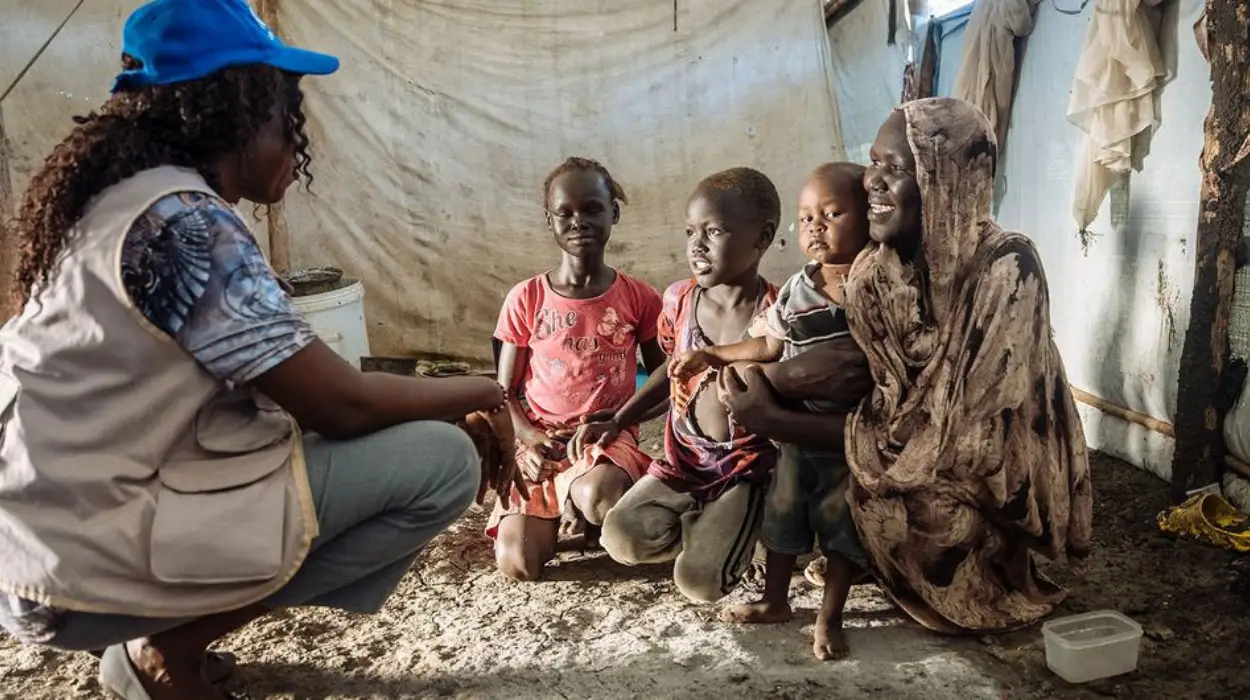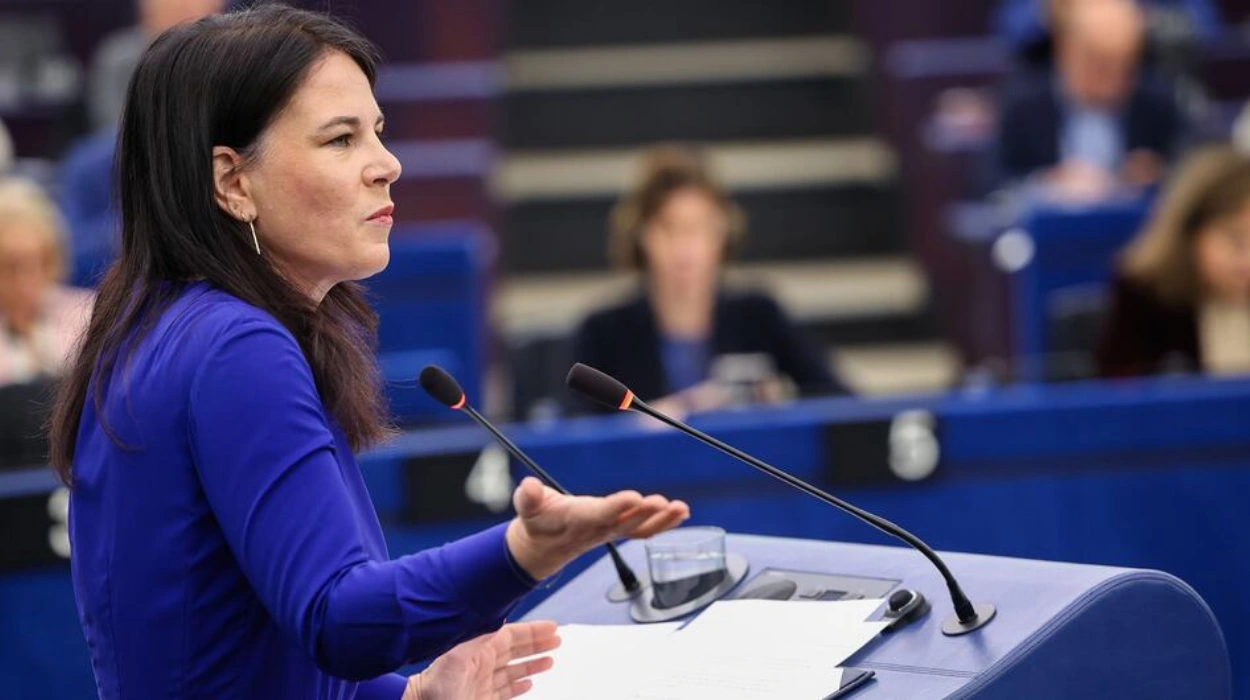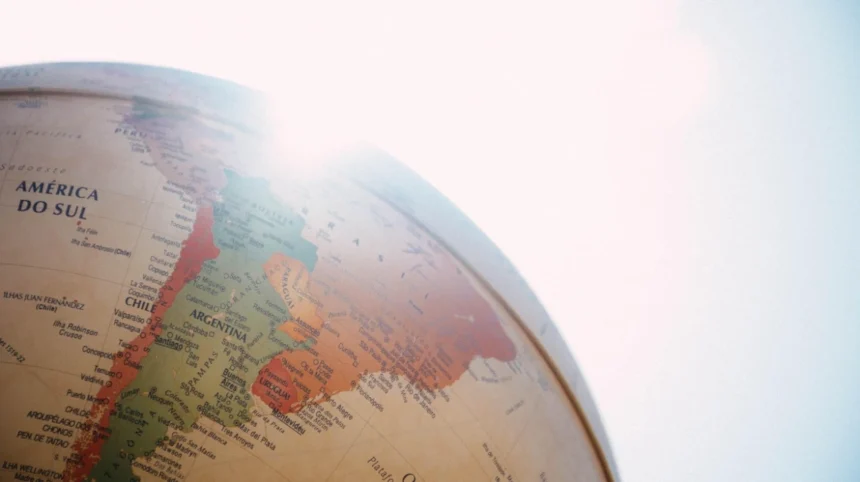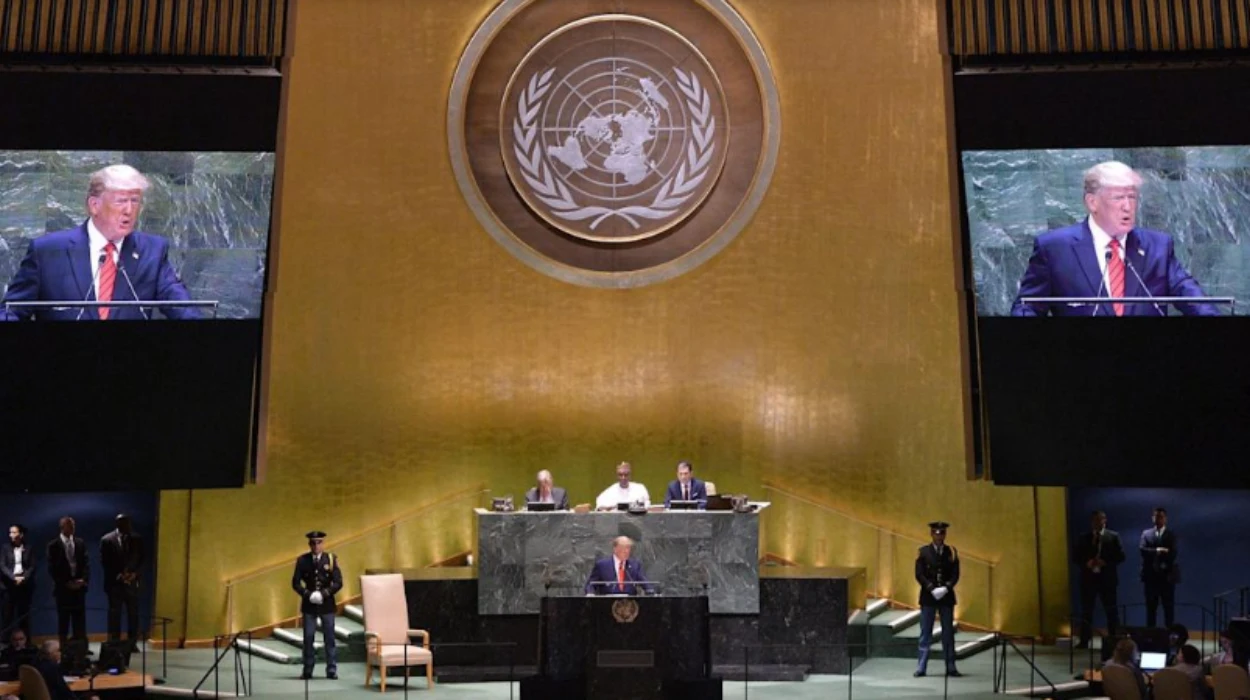The United Nations has remained for almost eight decades a beacon of hope for global cooperation and peace. As the World sees its gradual decline, characterized by a disturbing slide into obsolescence among the great powers of the world, it is more than ever necessary for member states, especially those of the Global South, to come to the defense of the UN’s fundamental ideals. These are principles that are enshrined in the UN Charter, laying great significance to the peaceful resolution of disputes and using force as an option only in an extreme last resort.
As the political landscape evolves, with power becoming more concentrated in nationalist agendas, the question becomes: can the UN evolve and remain a key player in international peace and security?
The increased fragmentation is there to be seen, with countries such as Russia and China taking assertive and frequently unilateral foreign policies that defy the multilateral spirit of the UN. Additionally, the second Trump administration has disengaged from a multilateral approach to diplomacy and has adopted a “go it alone” foreign policy and heavy-handed reaction to major global issues at the expense of the UN.
Here, the words of the former UN Secretary-General Kofi Annan ring loudly:
“We may encounter many defeats but we must not be defeated.”
For the Global South, the survival of the UN is not so much about saving an institution; it is about validating a vision of a world based on collective security and mutual respect.
It has been the Global South historically that has borrowed from UN frameworks to promote their interests, be it in climate talks, development agendas, or peacekeeping operations. The 75th anniversary of the UN brought a fresh appeal from a number of leaders within this bloc, highlighting that it is the responsibility of all nations to make sure that the organization does not only represent the interests of the strong but enforces a holistic, inclusive system of governance.
Such a stance is always precarious in an era where major powers, particularly the United States, Russia, and China, exert their influence, often translating national interests into international policy with little heed for a cohesive global strategy.
The recent events surrounding international conflicts illustrate this shift acutely. The Russian invasion of Ukraine, for example, has demonstrated a radical divergence in response, with countries in Europe alike adopting a pro-Ukraine stance backed by sanctions and the Global South adopting a more cautious but divided response. With the United States now siding with the aggressor Russia the Global South must show more resolve in support of democracy and the UN.
For the UN to reclaim its influence, the Global South must assert its role, insisting on a robust political and financial commitment to the organization, regardless of the backdrop of major power rivalries. It would require a recommitment to multilateralism that transcends the whims of dominant states. As the Argentinian diplomat and UN diplomat Susana Malcorra noted, “We need to reinforce the idea that multilateralism is not just the voice of the few. It is time for the many to rise and shape the agenda.”
It is essential that the majority clamors for change. The Global South represents a majority of the UN, and together their voice can influence the future of the organization in profound ways. They need to present a clear vision that focuses on addressing urgent issues of poverty, climate change, and the resolution of conflicts—a vision that remembers the UN’s founding mandates and reaffirms its relevance in a shifting geopolitics.
Besides, the rising calls for reform — expanding the UN Security Council to include more African and Latin American members — are not simply about reallocating power but about having a more democratic forum for debate. The Global South can use their numbers to initiate discussions that speak for their aspirations instead of being sidelined by great powers.
As the UN paradigm faces deep challenges, the responsibility rests with those member states that espouse the institution’s underlying values: negotiation, peace, and collective action. By investing politically and financially in the UN’s revival, they not only represent their interests but also emphasize the necessity of a global response to modern challenges.
The call for solidarity and support must resound in capitals, reminding powerful nations as well as the dispossessed that the stability of the world community lies on a cooperative arrangement well-handled through the long-standing institution of the United Nations. And now, at this juncture, the prospects of international peace and security look to our common commitment to the UN principles as much as they did at its founding. Stability in a credible UN can stem the destabilizing by the United States as it becomes the new “evil empire.”


